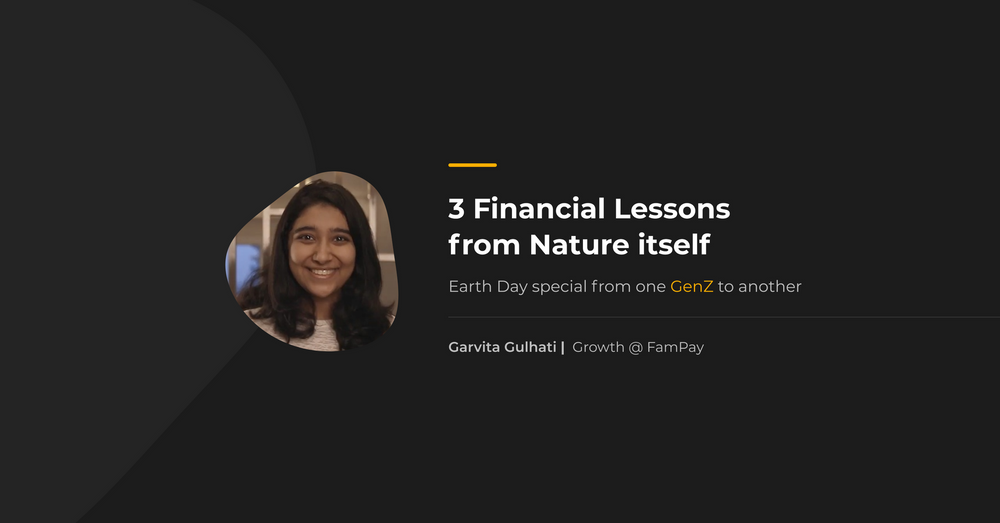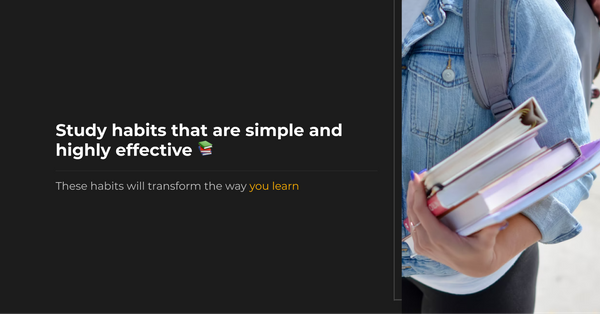3 Financial Lessons from Nature: An Earth Day special 🌍
Happy Earth Day to all you beautiful earthlings!
Have you ever heard the phrase “Nature is the greatest teacher”? It couldn’t be more true, especially today. In fact, there are so many things we simply forget to see that exist in nature, small nuances, and hidden lessons we often overlook. Today, on Earth Day, we decided to explore how to better learn the importance of knowing your personal finance through lessons that exist in the world around us. But before that, here's a little bit about me and why I chose to write about this for you all today.
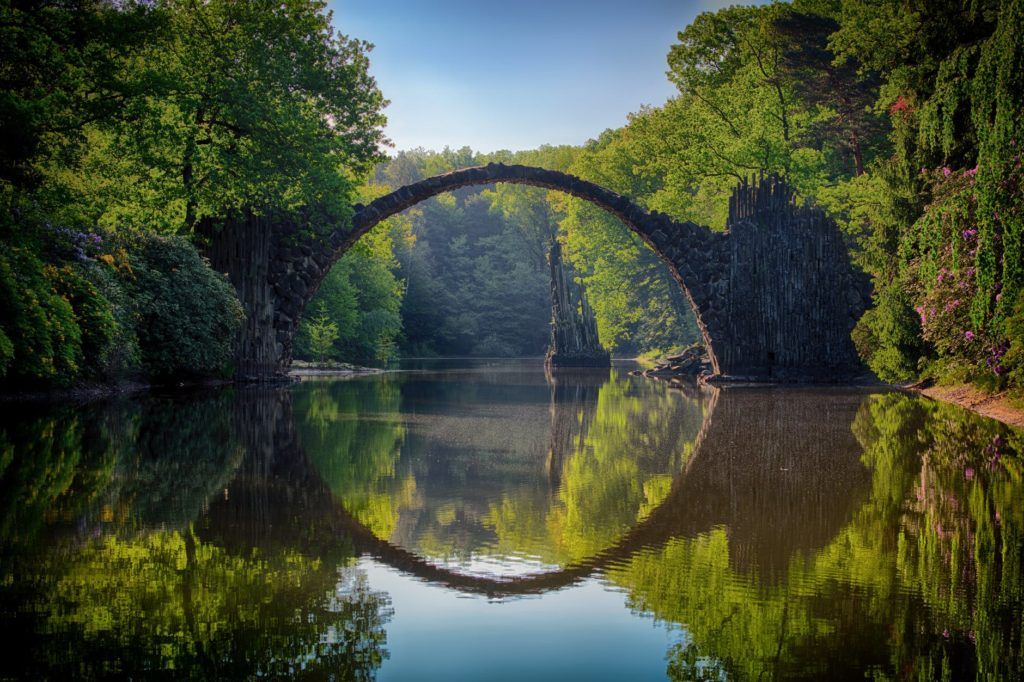
My journey
Almost 8 years ago, when I was just 13 years old, I started becoming more and more fascinated by the world around me, the environment. I'd always been the one climbing trees and rocks and swimming in lakes and rivers. But as I got older, I became more aware of the harm we as humans were causing to the planet. So many things simply didn't sit right with me. We had created inequalities in our society simply because of our unsustainable ways of living. I embarked on my journey of change to bridge inequalities people were facing due to the lack of access to water.
Farmers were taking their lives due to the lack of access to water and women and children were walking miles just to get a glass of water that we get without moving even a finger! On World Environment Day in 2015, I learned that the water which people leave behind in glasses at restaurants amounts to fourteen million litres every year. The divide between the two worlds- fourteen million liters of wasted water and the folks struggling for just a little bit of water shook me, and I committed myself to save every drop of water I possibly could, and founded Why Waste? with the goal of changing the mindsets of people towards water usage.

We had a bumpy start and no one seemed to want to take advice from teens. But, we continued to persevere.
Today Why Waste? is the largest youth-led non-profit working towards the effective conservation of water and has pioneered several solutions to solve the water crisis. We've saved over 10 million litres of water and reached over 6 million people with our ideas.
Joining FamPay
Realising that my voice could help make even a difference in the world, I wanted to get more and more young people to become a part of this change. Change is the only constant, but now our world is in the constant need for changemakers. I was constantly building movements to empower more youth to realise their potential to make a difference, working with organizations like Ashoka, Facebook Education, Google.org, and IKEA Foundation. I came to FamPay because I was fascinated by the fintech industry and its power to empower people. My mission was to see more youth become independent changemakers and thought leaders and it instantly aligned with FamPay’s vision to help youth become more financially independent.
Every single day, it has been exciting to learn and explore synergies and realise how interconnected these worlds really are.
3 Financial Lessons from Nature itself 🌍
Earth Day is celebrated each year to remind us how beautiful this planet, our home, is and why we need to protect it. It is celebrated to bring all of us together to give thanks for nature’s bounty and be in gratitude for its unending service. While nature is constantly giving us life, it is also giving us lessons. This Earth Day, we're going to explore the planet's lessons in a little bit of a unique way - let's get inspired by the capabilities of our home through 3 words we at FamPay and in the Finance industry know best - Compounding, Investing, and Saving.
1️⃣ Compounding
It's one of my most favorite concepts both in mathematics and in life. Compounding has the power to multiply capabilities by simply starting sooner and working together.
When we look at the ecosystems of the world that come together wondrously to add shared value by multiplying impact with lesser efforts, it's hard to not become fascinated by how these are built to coexist and grow symbiotically. Look at a forest - a single tree helps bind the soil, provide a home for various beings, protect the creatures living in and around it from sunlight, capture carbon dioxide from the atmosphere, provide food and shade for us, and so much more. And it isn't doing all of this alone. The insects help to pollinate, the worms in the soil constantly nourish it and different plants help keep the ecosystem in balance. Overall, each of these little stakeholders is coming together to compound on their efforts by co-existing symbiotically and every second multiplying and compounding their positive impact on the planet. Another beautiful example of this is the oceans. These ecosystems are constantly optimizing the time-value of resources, compounding efforts for a sustainable existence.
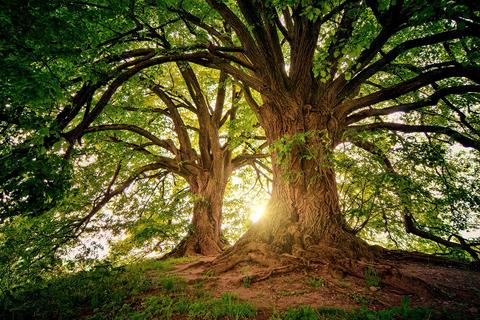
2️⃣ Savings
Ahh, Savings! Hard but one of the most rewarding habits to inculcate.
When it comes to savings, there’s almost never a clear distinction between what we want vs what we need. An Army of Ants or a Swarm of Bees is always ensuring that they store some food every time they consume as a repository for when they might not have enough or the access, given weather changes. They “save” every single time they consume what they have collected so in the future they are independent and can handle adverse conditions, situations, and possibilities. Such a beautiful example to learn the importance of savings from!
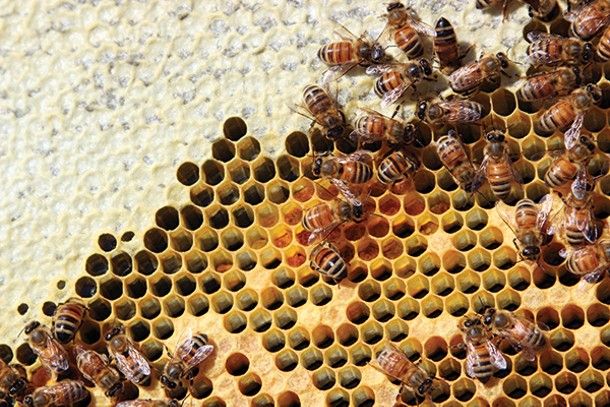
We often forget that putting aside even a small bit every time we earn even a little money as an emergency fund can in the long run add up to a lot. This can be used in the most important and adverse situations without pinching our pockets or having to compromise. We’re ensuring that we are independent, self-sufficient, and always ready to face the worst, just like the ants and bees.
3️⃣ Investing
This might be hard to observe but deeply fascinating to learn and realise how the planet is constantly reinvesting in itself to exponentially multiply its own capabilities and resources.
Let’s take for example ground water. Over hundreds of years, water that has seeped into the soil gets collected in aquifers making it one of the purest and richest fresh water resources available. Coal was formed from plant material deposited as peat in swampy environments over centuries. The older it is, the more it has matured and in turn gives back a much higher value. But with both coal and water, it is important for us to ensure the recurring deposit isn't compromised. Moreover, when we consume (withdraw) more rapidly than the planet is able to generate on an annual basis (the year-on-year interest), we are continually reducing the original (principal) amount to such drastic levels that there won’t be anything left to use from. And, using these resources recklessly has clearly had adverse effects on the wellbeing of the planet and its beings. Our planet teaches us the importance of investing early, the benefits of giving ample time for our investments to mature and to ensure we don’t withdraw more than the interest generated to avoid not-so-pleasant unforeseen circumstances.
Do your bit!
This Earth Day, let's learn from our planet and from everything it has to offer. Let's appreciate it a little more and work towards protecting. As rightful tenants on this Earth, it is our duty to give back to her everything she has given us. The ecosystems of the world have phenomenal revival capacity if only we let them be just for a bit. Our earth needs each of us to become mindful and conscious citizens and to just simply be aware of our actions and implications. Do your bit, every small effort counts!

Our planet is truly wondrous and contains a lot of magic, if only we chose to find it, if only we chose to embrace it.
Got more financial lessons from Mother Nature? Reach out to me on [email protected]


